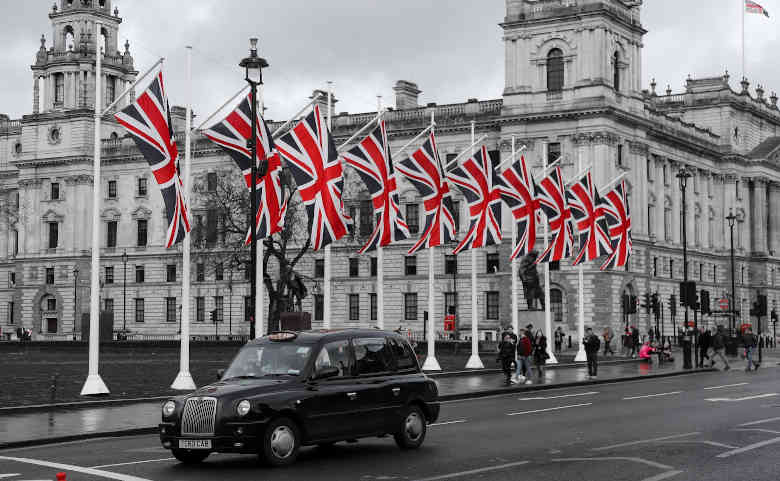The Telegraph, March 6, Roger Bootle
The war in Ukraine is going to shatter the previous world order. Although economic matters take third place behind the unfolding human tragedy and the political consequences, it looks as though this is going to be a watershed moment for the world economy as well, ranking alongside the breakdown of the Bretton Woods fixed exchange rate system in 1971, the two oil price shocks of 1973/74 and 1979/80, and the fall of the Berlin Wall in 1989.
The main macro-economic impact of the conflict is stagflationary. In type, if not yet in extent, it can be compared to the effects of the two oil price shocks. But we may not yet have witnessed the full extent of this effect because, despite the various sanctions against Russia, the West is still buying huge amounts of its energy. Interestingly, both sides in this transaction are hugely dependent on the other. Accordingly, either side could use a cessation of this exchange to inflict economic damage on the other, but would have to suffer serious pain themselves.
It seems more likely that it would be the West that does this by banning the purchase of Russian oil and gas, causing the global price of energy to soar. This would send inflation much higher, while simultaneously depressing aggregate demand and threatening to drive the economy into recession.
The huge increase in energy prices already experienced, combined with doubts about future supply, should accelerate the further development of renewable energy, as well as ramping up nuclear energy. Paradoxically, it should also encourage us to make the most of the fossil fuels that we have available and to accept a delay in the pursuit of net zero.
This crisis has re-emphasised a lesson that we learned during the pandemic, namely that security of supply and robustness in the face of interruptions and disturbances is extremely important. This crisis is likely to heighten western unease about its dependence on China – and also to heighten China’s unease about its involvement with the West. What is the point of having huge reserves of foreign currency if they can be blocked?
Click here to read the piece in full.

